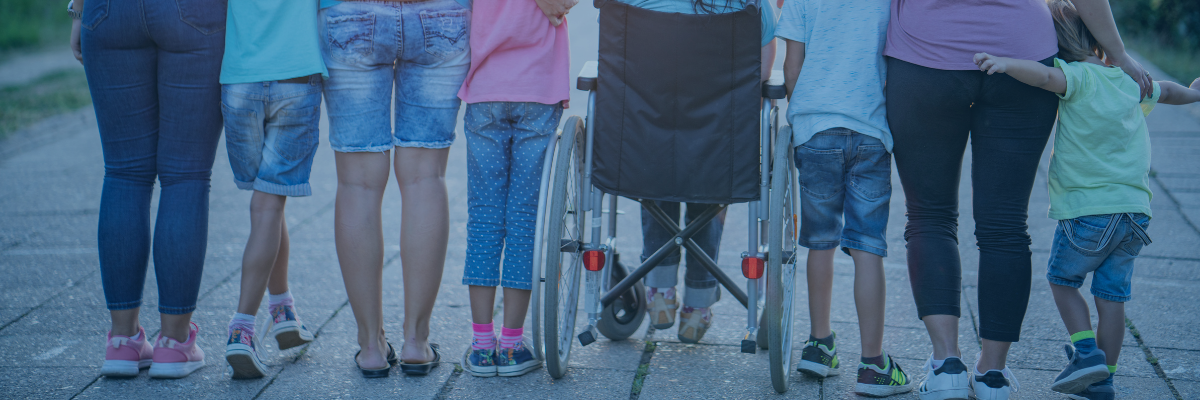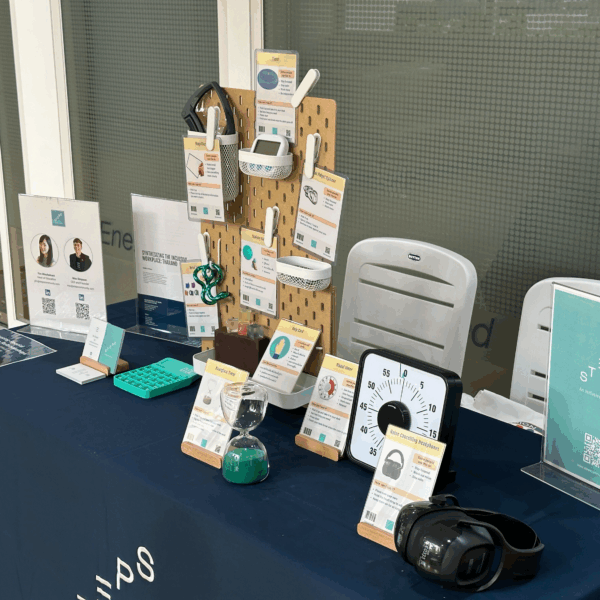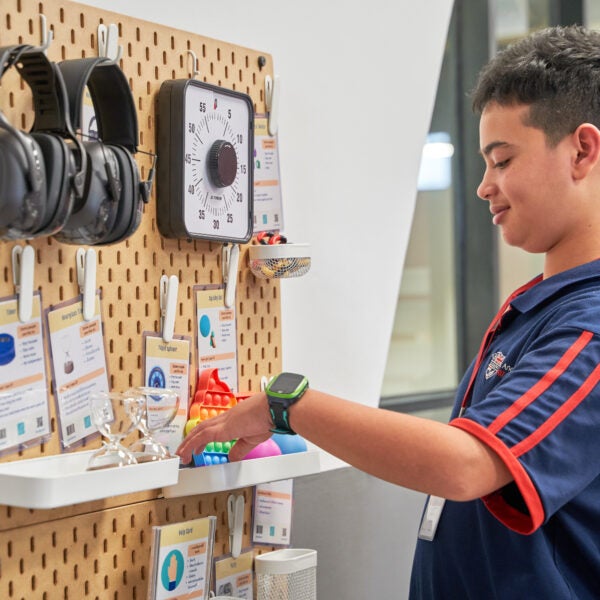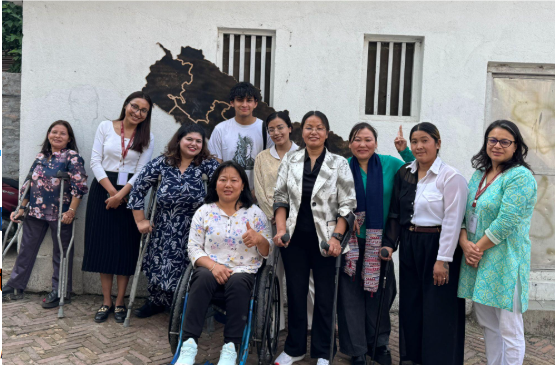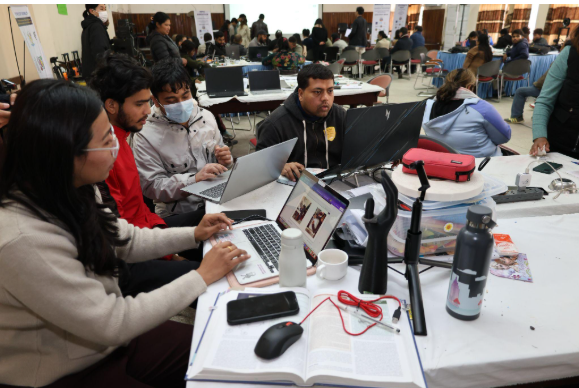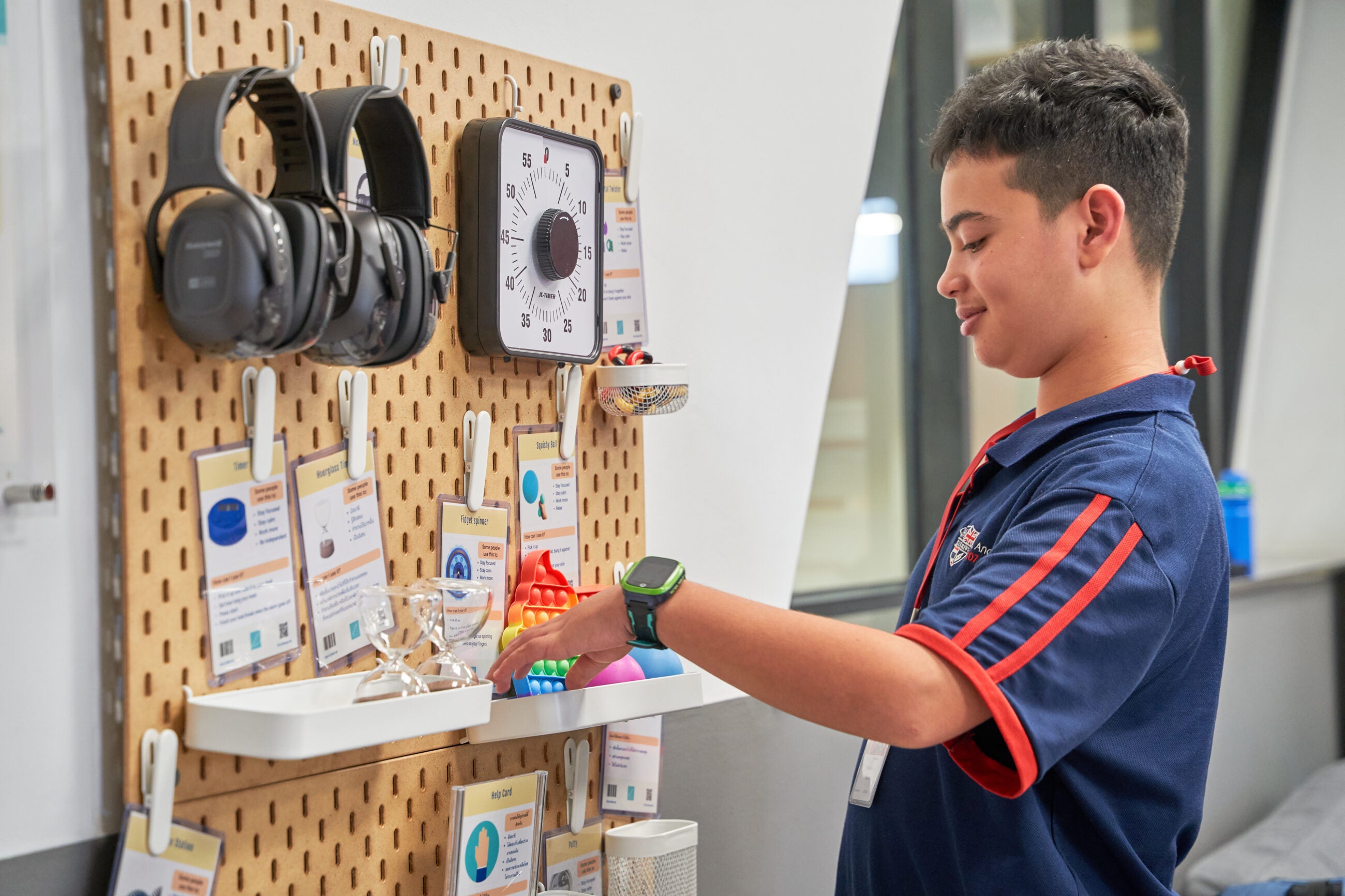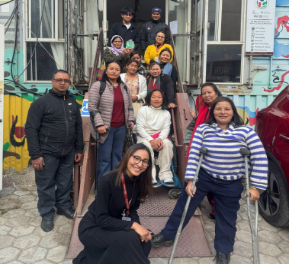The ANDE Asia Access and Opportunity Learning Lab’s second session moved from theory to practice, featuring three expert practitioners who showed why expanding access to programming is both ethical and good business.
The Social Model in Action
Max Simpson, Founder and CEO of Steps (Thailand), opened with a powerful reframe: disability or neurodivergence isn’t a personal limitation—it’s a societal barrier. His B Corp-certified organization proved that simple accommodations create an outsized impact. “Society creates disability,” Max emphasized, sharing how 71% of workplace accommodations cost $500 or less, with 20% costing nothing at all.
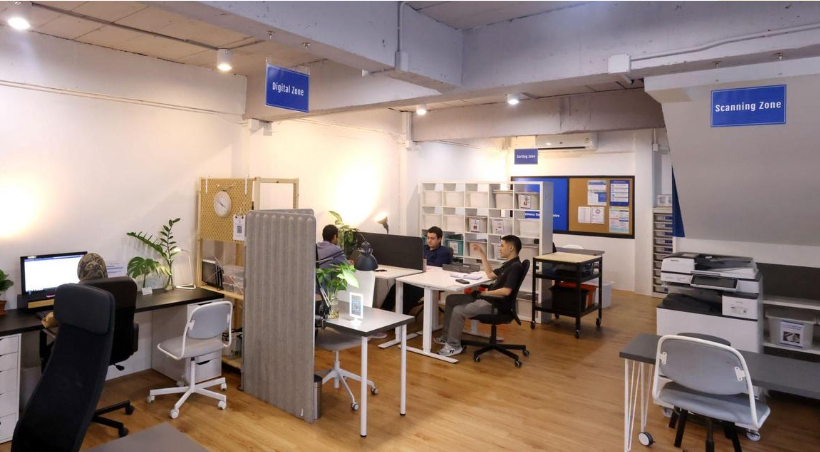
Steps’ practical solutions are elegantly simple: zone spaces by activity, provide multiple seating and lighting options, organize and label everything, and create accommodation stations that destigmatize accessibility tools. Their job-sharing approach breaks complex roles into component skills, allowing neurodivergent employees to excel in their strengths rather than struggle with mismatched requirements.
Learning Through Challenges
Rashi Maharjan from Impact Hub Kathmandu shared raw, honest lessons from two programs that didn’t go perfectly, and that’s exactly what made them valuable. During their Nepal Assistive Device Makeathon, venue accessibility challenges became teachable moments. “Accessibility is not an afterthought—it’s a foundation for respect,” Rashi stressed.
Her Building Entrepreneurial Access Model (BEAM) program revealed deeper truths: For many people with disabilities, entrepreneurship is less a choice than a necessity, but their innovations often emerge from resourcefulness. The lesson: co-creation must start from day one, not as an afterthought.
Making the Financial Case
Vinaya Chinnappa, CEO of Incluzza, tackled the budget myth head-on. Inclusive budgeting transforms financial planning into a tool for equity. Her approach centers on three principles: participation, transparency, and equity.
“Accessibility is expensive” is the biggest myth blocking progress, Vinaya argued. Building inclusion into initial design costs far less than retrofitting. Simple changes like adding alt-text to presentations take minutes but create immediate access.
Key Takeaways for Organizations
The session revealed practical starting points for any organization:
- Start small: Simple accommodations often benefit everyone
- Ask, don’t assume: Engage stakeholders directly rather than guessing their needs
- Build it in: Plan accessibility from the start
- Create cycles: Inclusion is an ongoing process of listening, and adapting
The practitioners showed that inclusion is less about perfection than commitment. Their candid stories of challenges and successes gave participants practical roadmaps for their own journeys.
The session highlighted that even small adjustments can drive meaningful change, ensuring broader benefits while leaving no one behind.
